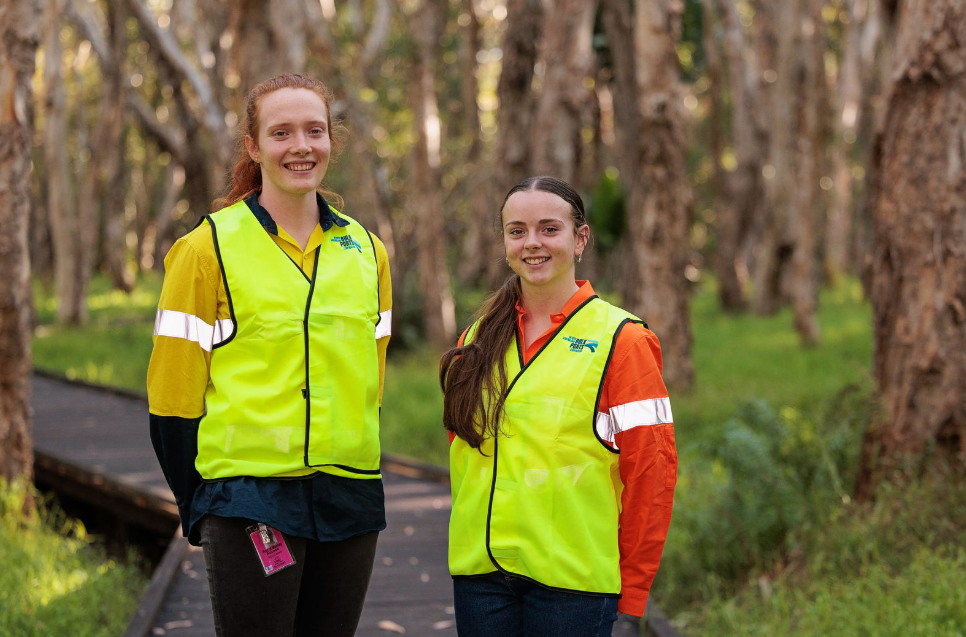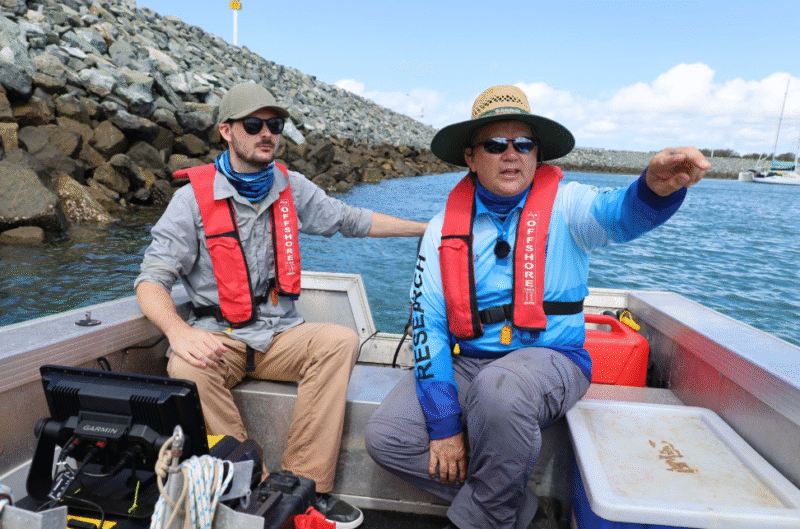What’s happening
A new $7.5 million partnership between James Cook University (JCU) and North Queensland Bulk Ports Corporation (NQBP) has been launched to deliver a five-year marine science program across four North Queensland ports.
The collaboration builds on a decade of nationally recognised partnership and will drive world-class monitoring, research, education, and training led by JCU’s Centre for Tropical Water and Aquatic Ecosystem Research (TropWATER).
The expanded program will also focus on marine habitat restoration, studies on dugongs and turtles, and greater Traditional Owner engagement.
Why it matters
NQBP CEO Brendan Webb said the renewed partnership reaffirms NQBP’s strong environmental commitment.
“As the only port authority managing three ports within the Great Barrier Reef World Heritage Area, we take our environmental and social responsibilities in these iconic surroundings seriously,” he said.
“This partnership represents the gold standard for how industry and research institutions can work together to protect and understand the environment. Together, we’ve delivered world-class monitoring, empowered Traditional Owner engagement, and fostered the next generation of marine scientists.”
JCU Deputy Vice Chancellor, Research Professor Jenny Seddon said the collaboration shows how science can be embedded in core operations.
“Our collaboration with NQBP shows how industry and universities can work together and embed scientific expertise into port operations to deliver real and lasting benefits to the environment, communities and industry,” she said.

By the numbers
-
The partnership represents a $7.5 million investment over five years.
-
It covers four North Queensland ports, including three within the Great Barrier Reef World Heritage Area.
-
JCU’s TropWATER runs one of the world’s longest continuous seagrass monitoring programs, vital for coastal ecosystem health.
Zoom in
Professor Michael Rasheed, co-director of the JCU program, said the long-running seagrass monitoring has driven breakthroughs in ecosystem management.
“These programs have led to breakthrough knowledge on how coastal ecosystems function, developing tools for their effective management and restoration of seagrass meadows that can be applied throughout tropical Queensland and the Indo-Pacific,” he said.
Associate Professor Nathan Waltham from TropWATER added that the partnership creates unmatched learning experiences.
“We’re proud to be training the next generation of marine scientists and delivering the data and solutions needed for resilient, thriving port environments,” he said.
Zoom out
The collaboration strengthens North Queensland’s reputation as a hub for world-leading reef and coastal research. Its results contribute to broader regional waterway health reporting and international marine science.
Local impact
The program supports local research jobs and expands opportunities for students and Traditional Owners across the region. It ensures North Queensland’s ports continue to operate sustainably within the Great Barrier Reef’s unique ecosystem.
What to look for next
Over the next five years, expect new data, student-led research, and restoration outcomes that will help shape reef and port management practices across Queensland.



